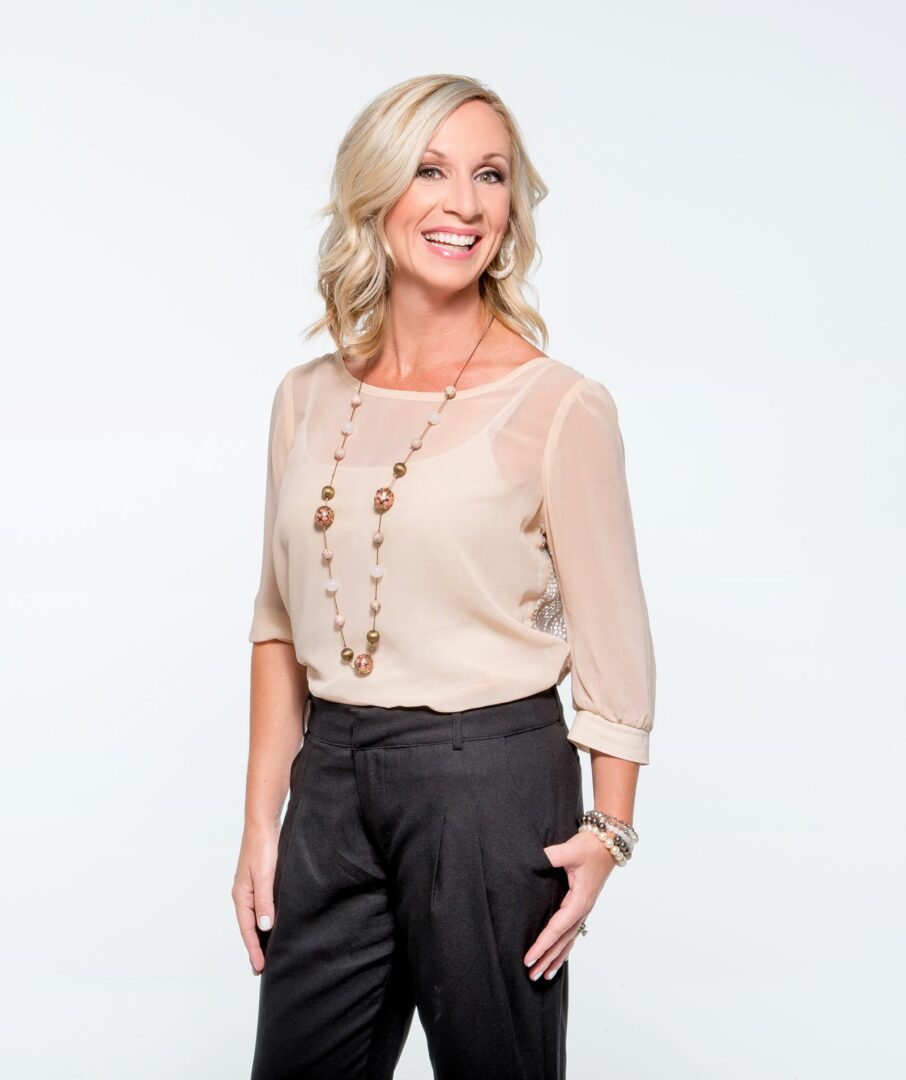We caught up with the brilliant and insightful Jaime Motes a few weeks ago and have shared our conversation below.
Hi Jaime, appreciate you sitting with us today to share your wisdom with our readers. So, let’s start with resilience – where do you get your resilience from?
The best question because it leads to the best answer: my faith and my mother. I grew up in a small town, raised by a single-working mom who was the pillar of every environment she was part of—our church, our family, and our community. My mom wasn’t just a leader; she led quietly, with humility and accountability, never seeking recognition.
If someone needed prayer, they went to Phyllis. If the church needed cleaning, they called Phyllis. On Saturdays, our home was a hub for free haircuts, with people lining up at her door. She balanced this with a full-time job and often took on extra work during Christmas just to make sure we had something special under the tree.
Her faith was genuine, never fake or judgmental. It was a quiet, steadfast belief that she lived by example. Whenever I felt anxious—about a test, a game, or anything else—my mom would say, “Don’t go borrowing trouble,” and then she’d pray with me. She instilled a sense of calm and confidence in me that I carry to this day.
She also made sure I had the opportunity to play sports, which was life-changing. I excelled as an athlete, even playing softball in Australia. Growing up in a small town without privilege, working hard, and learning to persevere—those experiences, along with my mom’s influence and my faith, built the resilience I have today.
That was my childhood. But as adults, resilience becomes a daily lesson, especially in the nonprofit world. I’ve learned this firsthand, not only through my work but also as a mother to two incredible children: Jacob, who is 20, and Lexi, who is 17. Lexi’s journey with profound hearing loss has been one of the most defining experiences of my life.
Lexi was born profoundly deaf, though we didn’t know it right away. She wasn’t given a hearing screening at birth, and at 10 weeks old, she failed hearing tests in both ears. We were told to return for follow-up at 6–9 months, but the actual standard of care is 2–4 weeks—a fact we didn’t know at the time. By 10–11 months, it became clear something was wrong. Lexi wasn’t verbal, didn’t respond to loud noises—not even a barking dog or someone speaking to her.
I’ll never forget going back to the pediatrician in Nashville and being dismissed: “She’s fine. She heard the noise in the hallway. Some children don’t talk until they’re 18 months old.” But I knew my daughter, and I fought for a referral. At 13.5 months, sitting in the audiology booth, I thought maybe she needed tubes or had mild hearing loss. Then the audiologist said the words that changed everything: “Your child is deaf.”
I was stunned. My mind raced, and an image flashed in my head: Lexi alone in a yard with a small, desolate schoolhouse—a sketch of isolation. That same day, we learned about cochlear implants, and Lexi was fast-tracked. Four months later, she was bilaterally implanted. On her activation day, she heard a whisper for the first time. It was a magical moment, but it was just the beginning.
Lexi was nearly two years behind in speech and hearing, including the time lost in utero. That’s where resilience began to take root—for all of us. Jacob became her in-house speech coach, reading to her, talking to her constantly, and fiercely protecting her. Lexi worked tirelessly, attending one-on-one speech therapy daily at Vanderbilt’s Bill Wilkerson Center and Mama Lere Hearing School. At the same time, we mainstreamed her in pre-K to give her “real life” experiences.
Lexi has grown into a remarkable young woman. At 17, she continues to work hard in school despite challenges like resistant teachers and the invisible nature of hearing loss. She’s a phenomenal athlete and overcomes challenges of having hearing loss like distance from coaches, etc. She’s learned to advocate for herself with grace, dignity, and class. Jacob, meanwhile, has always been her steadfast protector and supporter. Siblings of children with hearing loss have a huge role to play, often overlooked but deeply significant.
This journey inspired me to leave a great job at Vanderbilt and dedicate my life to making a difference. In 2011, I founded Songs for Sound, which will rebrand as the LexCare Hearing Foundation in January 2025. Over the past 13 years, we’ve given more than 33,000 free hearing tests, hosted over 1,000 hearing mission events, and guided countless individuals through our Care Team, breaking down barriers to hearing care. We’ve expanded our outreach internationally, conducting missions in Jamaica, and launched Hope Programs, including camps for children with hearing loss.
In 2025, we’re embarking on a capital campaign to establish Hope House, our first physical space, and launching LexCare Hearing—a purpose-driven online platform and concierge service to connect people to trusted, quality hearing care. It’s a labor of love, born from resilience and the need to adapt after COVID-19 shut us down. LexCare represents a new chapter: a social enterprise dedicated to transforming hearing health so people can “hear anywhere.”
Thirteen years of grinding, learning, and growing to help others—it’s taught me that resilience isn’t just something we’re born with. It’s something we cultivate, inspired by the challenges we face and the people we love. Together, we’re creating a world where everyone has access to the hearing support they need to thrive.
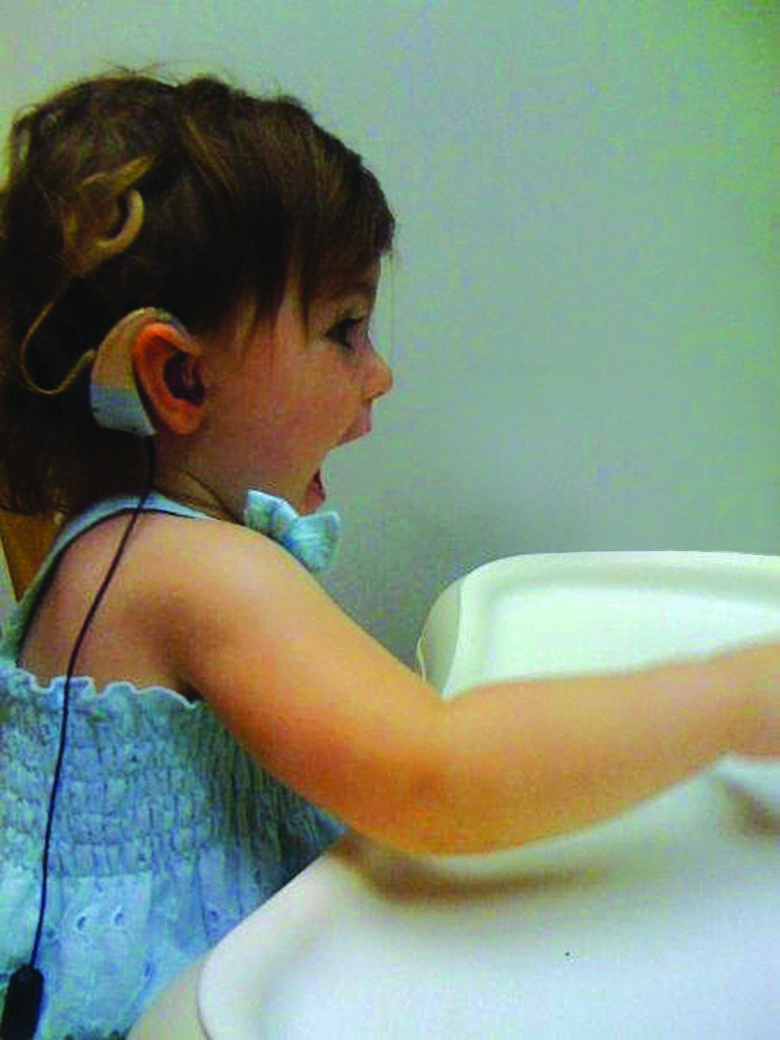
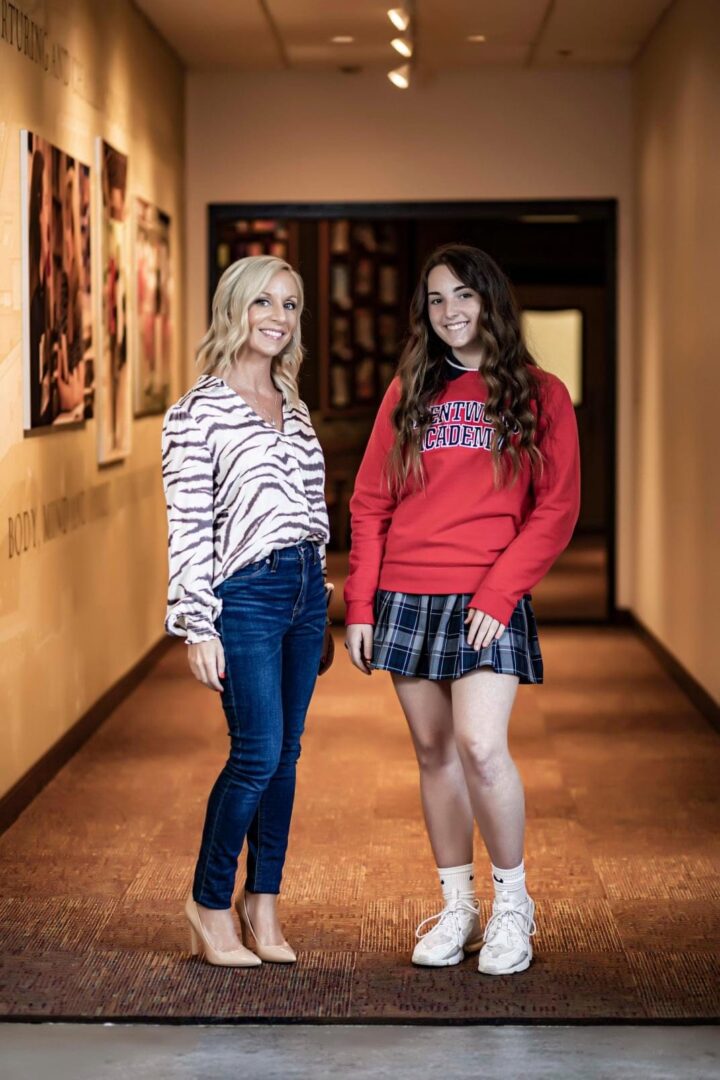
Thanks for sharing that. So, before we get any further into our conversation, can you tell our readers a bit about yourself and what you’re working on?
I’m deeply passionate about transforming the way people access hearing care, and that passion has driven me to build something truly unique with LexCare Hearing. After years of leading Songs for Sound, a nonprofit that has impacted over 33,000 lives through free hearing tests and outreach, I realized the need for a more scalable, sustainable, and accessible solution. That realization became LexCare Hearing.
LexCare Hearing is more than just a service—it’s an ecosystem designed to empower individuals to take control of their hearing health. At its core, LexCare is a purpose-driven online platform and concierge service that connects people to trusted, quality hearing care. It’s a revolutionary approach that meets people where they are, offering free online hearing tests, telehealth solutions, affordable hearing aids, and personalized support.
What excites me most about LexCare is its potential to bridge the gap in hearing care for millions who face barriers like affordability, access, or misinformation. We’re not just offering products or services—we’re creating a pathway to better lives. Through partnerships with audiologists, businesses, and community organizations, we aim to remove the roadblocks that prevent people from thriving. We have B2B and B2C options.
What’s special about LexCare is its dual focus: it’s both a social enterprise and a force for change. Every service or product someone chooses through LexCare directly supports our nonprofit, Songs for Sound (LexCare Hearing Foundation in 2025), amplifying our mission to give back the gift of sound to underserved populations.
Looking ahead, 2025 is a big year for us.
We’re launching the Hope House, our first-ever physical space dedicated to supporting individuals and families affected by hearing loss. This will be a hub for education, advocacy, and community connection. In addition, we’re expanding our reach through LexCare’s online platform, which will include advanced tools like an AI-driven concierge service, comprehensive care team support, and streamlined access to trusted clinics.
Our mission doesn’t stop at individual care. We’re actively partnering with schools, businesses, and even global organizations to create systemic change. For example, we’re working to bring hearing care into high-risk industries like manufacturing and aviation, while also advocating for better accommodations in educational systems. Many industries have hearing conservation programs in place, but they often lack a dedicated team of caring professionals to guide individuals and manage the continuum of care after the test. Our mission is to bridge that gap wherever we go, ensuring no one is left behind in their journey to better hearing.
At the core of everything we do moving forward are four guiding principles. Today, 80-90% of people who could benefit from hearing care are not seeking solutions. Our approach is designed to eliminate confusion, reduce barriers, raise awareness, and create new pathways that empower individuals to take action. By focusing on these elements, we aim to simplify the process, increase access and affordability, and move people from hesitation to becoming “empowered patients.”
Additionally, everything we do is tied to a greater purpose. A portion of all proceeds supports the humanitarian work of the LC Foundation, ensuring we continue to give back and create meaningful change in underserved communities.
This is not just a career for me—it’s a calling. My own daughter, Lexi, who was born profoundly deaf, inspired this journey. Watching her overcome challenges with grace and determination fuels my commitment to ensure no one has to face hearing loss without support.
LexCare Hearing represents a future where no one is left behind—a world where access to hearing care is no longer a privilege, but a right. I couldn’t be more excited about what lies ahead and the lives we’ll continue to change. We are creating a sustainable hearing world where you can “hear anywhere”.
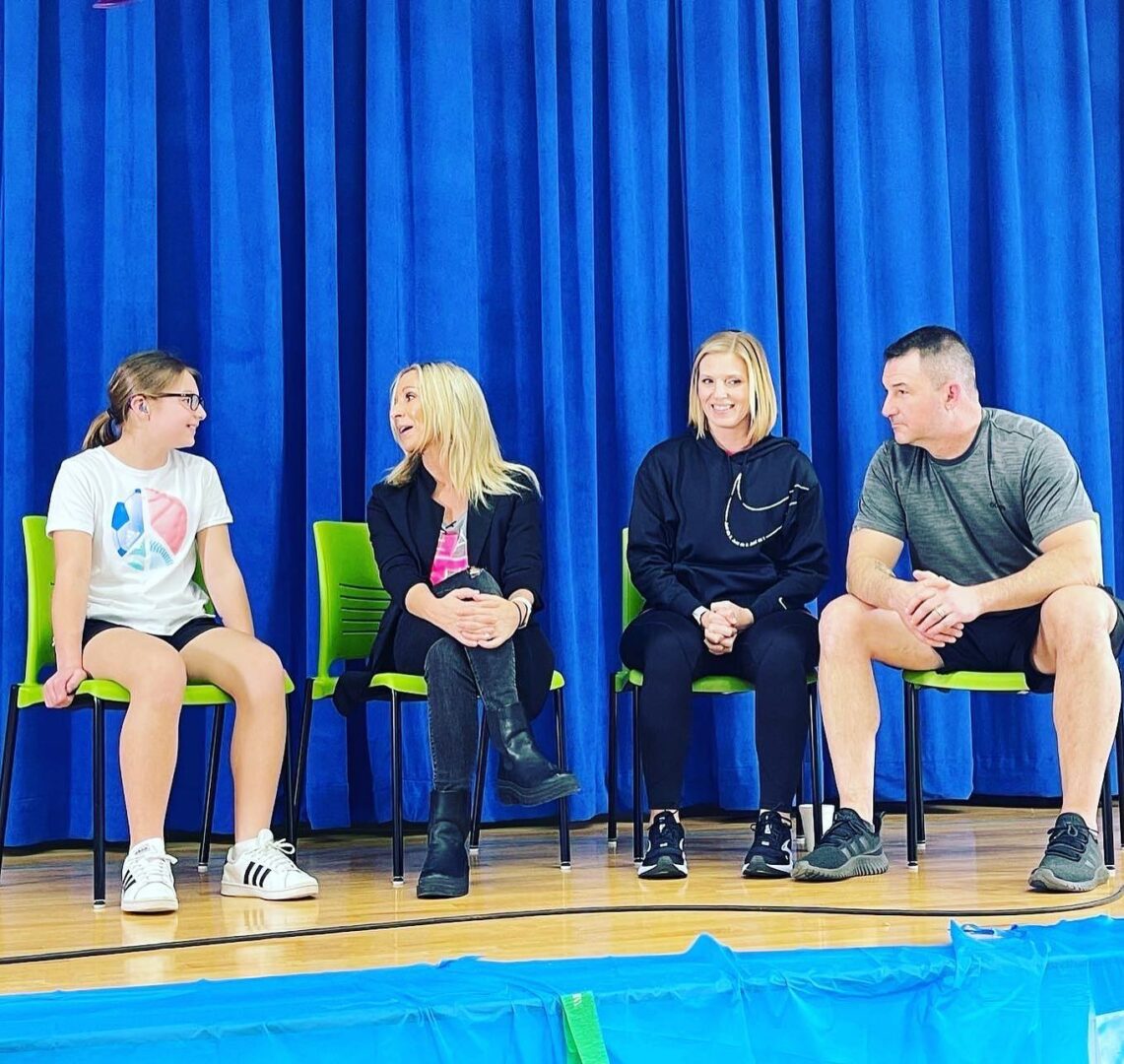
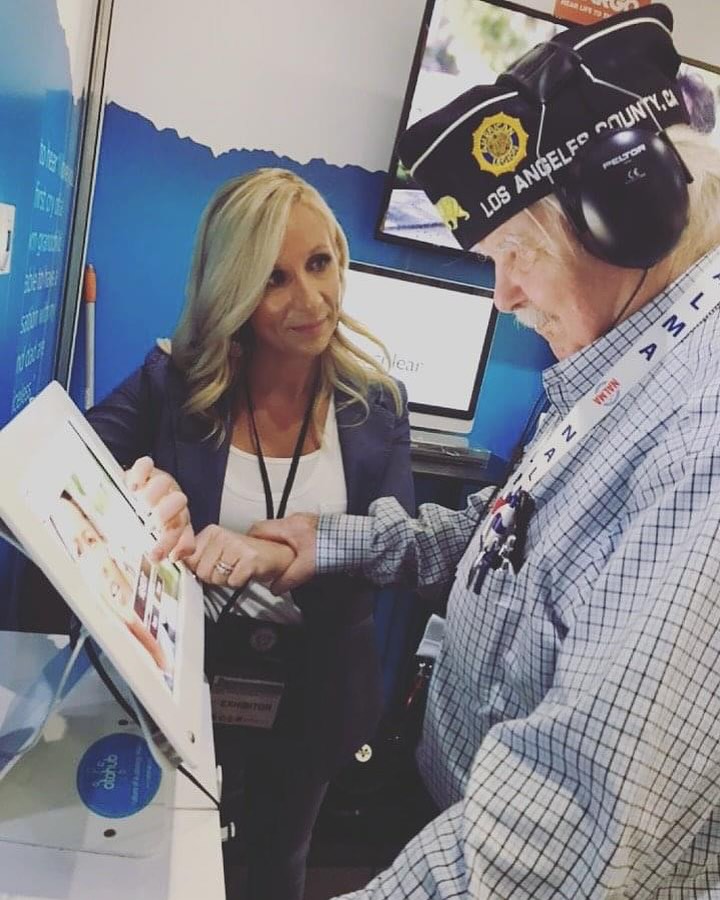
If you had to pick three qualities that are most important to develop, which three would you say matter most?
Looking back, I’d say the three most impactful qualities in my journey have been resilience, adaptability, and a heart for service. Each of these has shaped how I approach challenges, build solutions, and create meaningful impact.
1. Resilience
Resilience has been crucial in navigating the ups and downs of both my personal life and professional career. Challenges like raising a child with profound hearing loss or starting a nonprofit from scratch taught me that setbacks are inevitable, but perseverance is a choice.
Advice: Build resilience by reframing challenges as opportunities to learn. Surround yourself with people who uplift you, and don’t be afraid to ask for help. Remember, resilience is a muscle—it grows stronger every time you get back up.
2. Adaptability
Adaptability has been key in responding to change, whether it’s adjusting strategies during the COVID-19 pandemic or transitioning from nonprofit work to launching LexCare Hearing. The ability to pivot when circumstances demand it has allowed me to turn obstacles into opportunities.
Advice: Develop adaptability by staying curious and open to new ideas. Embrace change rather than fearing it. Learn to step out of your comfort zone, and always ask, “How can I grow from this?”
3. A Heart for Service
At the heart of everything I do is a genuine desire to serve others. Whether it’s helping someone access hearing care or creating programs to support underserved communities, a heart for service drives purpose and fulfillment in my work.
Advice: Cultivate a heart for service by staying connected to your “why.” Look for ways to make a difference, no matter how small. When your work is rooted in helping others, it becomes easier to stay motivated and overcome obstacles.
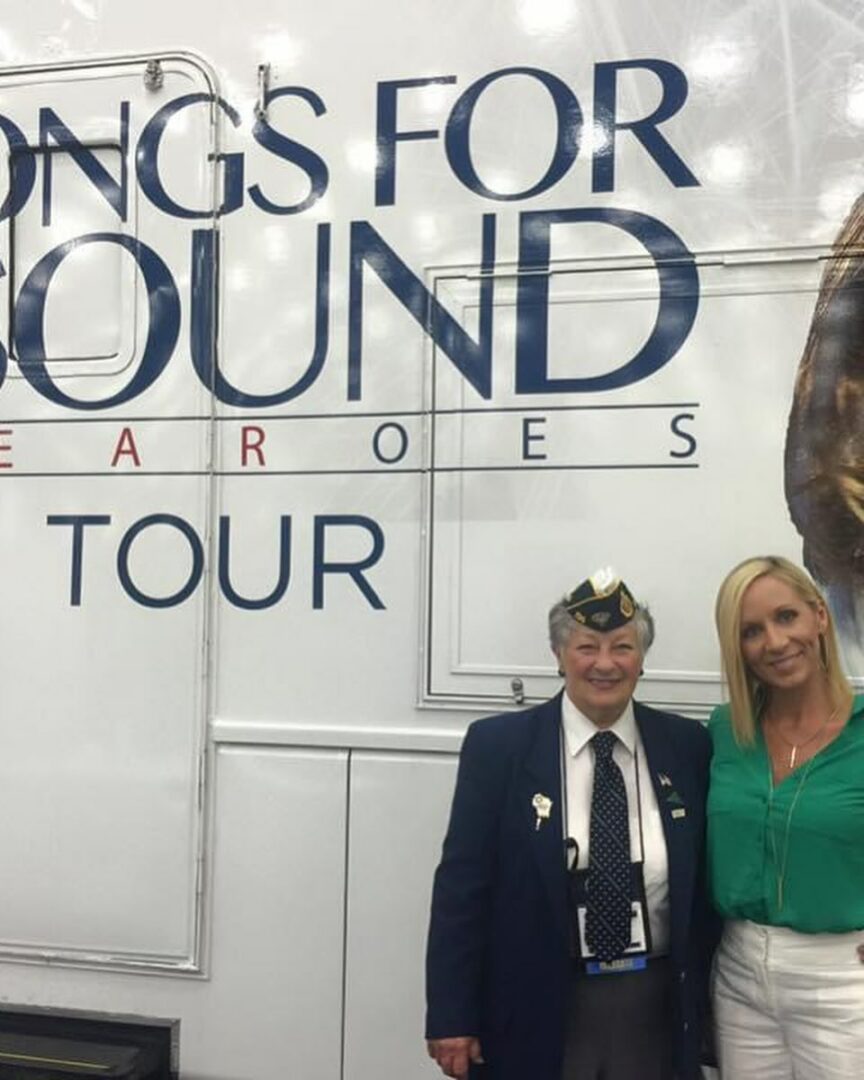
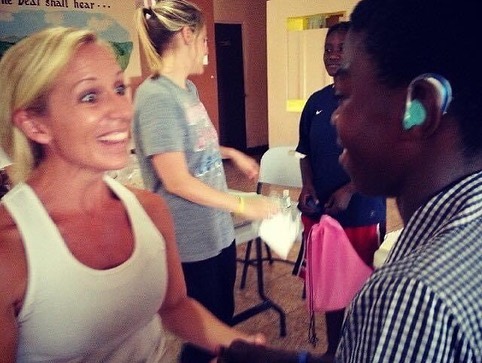
One of our goals is to help like-minded folks with similar goals connect and so before we go we want to ask if you are looking to partner or collab with others – and if so, what would make the ideal collaborator or partner?
Who We’re Looking For:
Healthcare Professionals & Audiologists
We want to collaborate with experts who are committed to improving hearing care and breaking down barriers to access. Together, we can create innovative solutions and better serve underserved populations.
Businesses & Corporations
Companies looking to invest in social impact initiatives, whether through sponsorships, partnerships, or employee wellness programs, are an ideal fit. We’re especially interested in partnering with industries that value hearing conservation or employee well-being.
Schools & Educational Institutions
Collaboration with schools to ensure students with hearing loss receive the resources and accommodations they need is vital. We also welcome partnerships with research institutions to advance hearing health education.
Nonprofits & Community Organizations
We believe in the power of collective impact. Partnering with nonprofits and community groups allows us to expand our reach and create sustainable change.
Tech Innovators & Developers
We’re looking for collaborators in the tech space to enhance LexCare Hearing’s platform with cutting-edge tools, such as AI-driven care solutions, telehealth capabilities, and digital hearing health assessments.
How to Connect:
If you’re reading this and feel aligned with our mission, we’d love to hear from you! Please reach out via email at www.LexCareHearing.com or LexCareGroup.com or connect with us on our website at [website URL]. Whether you’re interested in partnering on an initiative, exploring sponsorship opportunities, or brainstorming ways to collaborate, let’s start the conversation. Together, we can create a world where hearing care is accessible, affordable, and empowering for everyone.
Contact Info:
- Website: https://www.songsforsound.org
- Instagram: @songsforsound Launching Jan 1st: Songs for Sound will be @lexcarefoundation New: @lexcarehearing
- Facebook: https://www.facebook.com/songsforsoundpage
- Linkedin: https://www.linkedin.com/in/jaime-marie-motes-b998b320/
- Twitter: @songsforsound
- Youtube: https://www.youtube.com/@songsforsound
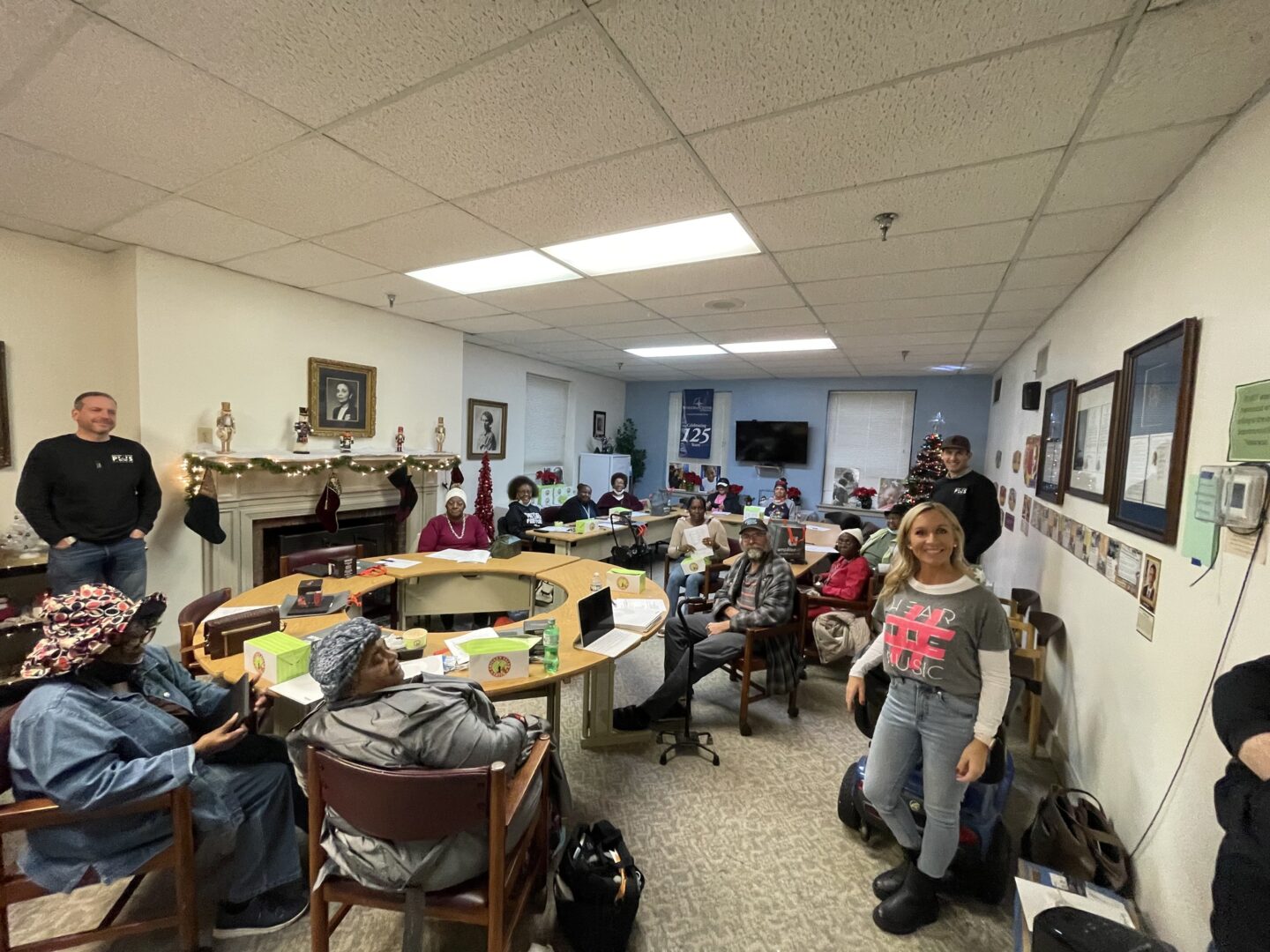
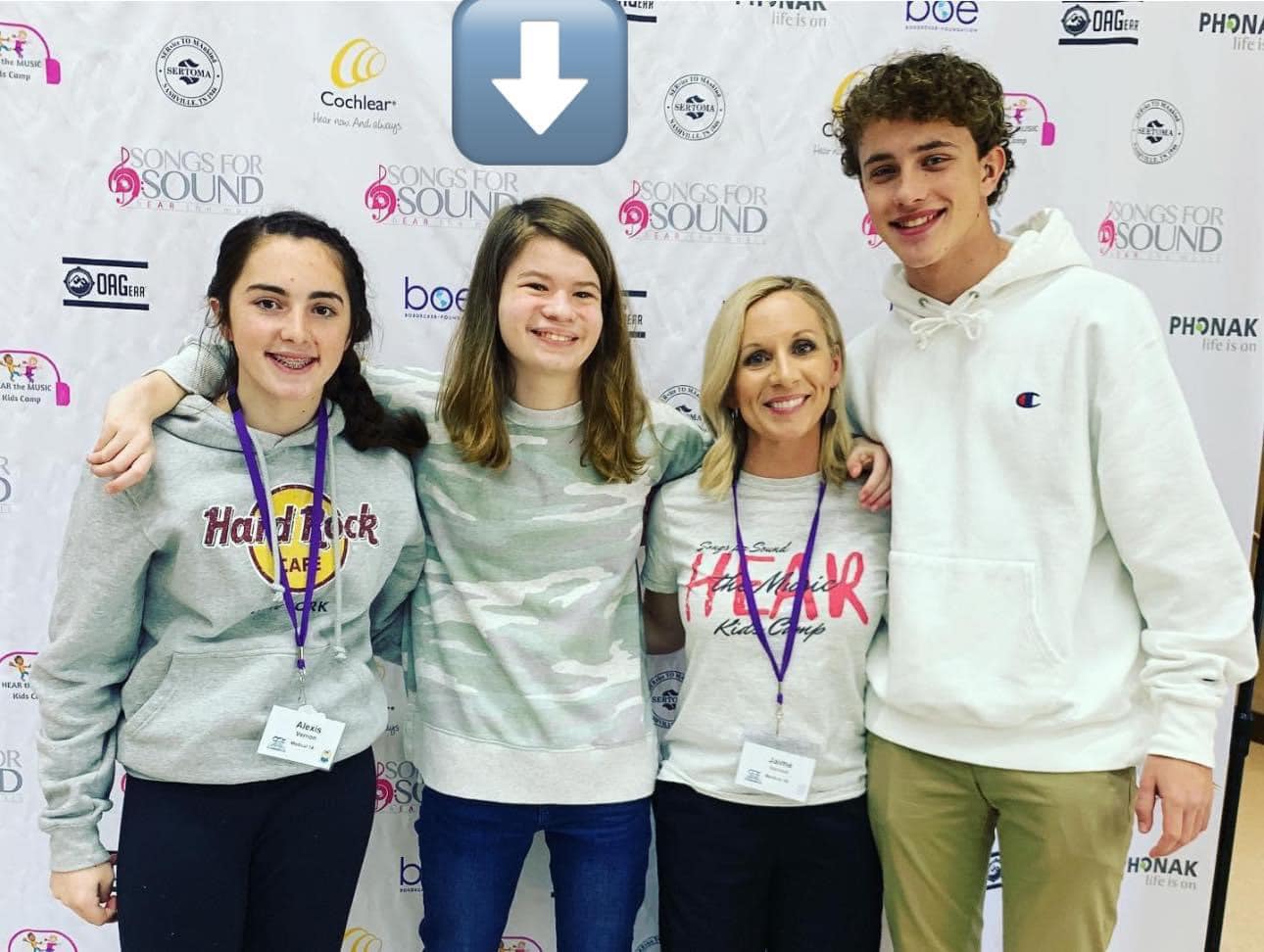
Image Credits
First photo: Nashville Lifestyles but they gave those to me and permission to use them. I’d prefer to give you an updated image, however, if selected for my solo professional shot and can arrange to have that done.
so if you or someone you know deserves recognition please let us know here.

